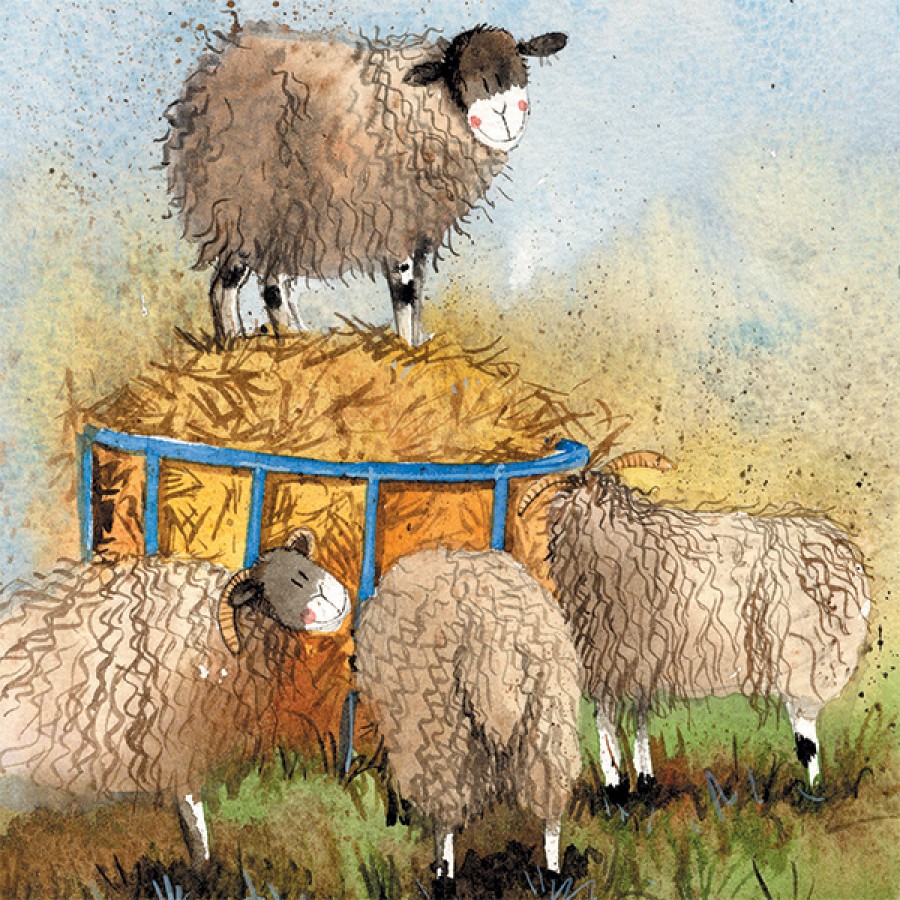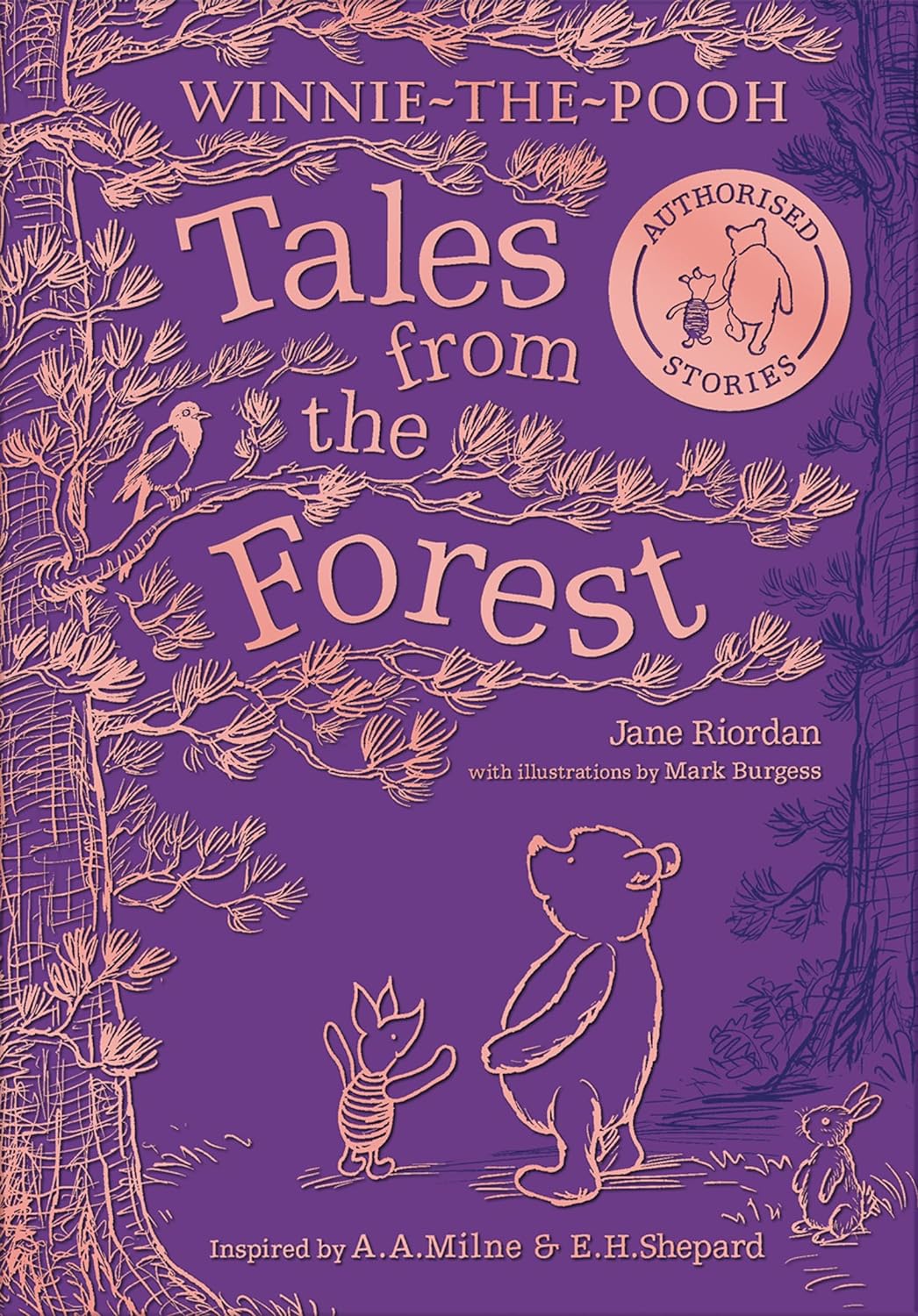
Fire lanterns are often used for Chinese celebrations, but also increasingly in England. They are basically made from metal wire (don’t be fooled by ‘biodegradable bamboo’ as they still cause fires) and are then lit to float away. Whether they land on earth or (more likely the sea like 70% of anything released including balloons) the metal spikes remain and cause damage to all creatures.
They are however also a fire hazard. Recently, 30 animals in a German zoo died, when a fire lantern landed in their enclosure. And even at sea, they are often mistaken for coastal flares, putting coastguard and lifeguard lives at risk. If fire lanterns land in fields, they get mixed up with silage for animals, so animals eat the wire along with the hay, which causes internal bleeding. For this reason, National Farmers Union) and RSPCA want them banned.
Kites are also dangerous to wildlife, as they can slice off wings in the sky, or have strings wrap and tangle. You can buy biodegradable ones from cornstarch, but it’s best not to use them. If you do, don’t fly kites at dusk or dawn (when birds are most likely in flight).
So what’s the alternative? There is none. Why does there always have to be one? If you light anything and let it float away in the sky, it’s going to cause damage. Just like not releasing balloons, just celebrate in other ways like having a nice meal, going for a walk in nature or just remembering (if it’s done for memorial purposes). We must get away from the perpetual notion that we always have to ‘do something or buy something’ to celebrate. Even astronomers are annoyed at the thought of people ‘buying stars to name after someone’.
what exactly is a fire lantern?
Fire lanterns (or sky lanterns) are basically small hot air balloons made from paper. Used for centuries, a small fire is then suspended in the bottom. You light it, and then this sends the balloon into the sky. When it burns out, the balloon (which usually contains a metal wire) falls to the ground or sea.
As well as causing harm to wildlife and the countryside (landing on farms or countryside is like putting a match to paper), one 10-year boy in Germany died in a house fire, due to one landing in his home. As well as being banned for release in many countries, some countries (like Vietnam) have production and some parts of Asia also ban them, due to concern over wildfires and harm to livestock.
Usually made from oiled rice paper and bamboo, sky lanterns were first developed in China, and also used to be used for military signal purposes (some people even believe ‘UFO sightings’ are simply sky lanterns that are still alight in the sky).
Sky lanterns are also very popular in India, especially during the festival of Diwali, released just before New Year, and some Buddhists release them to celebrate the end of Lent. They are widely in Japan, Portugal, Brazil, Taiwa and Thailand.
Did you know that the largest fire in England (which caused £6 million of damage) at a plastics recycling plant in the West Midlands was started by a sky lantern landing (proven due to closed-circuit TV). The local branch of Poundland decided to stop selling sky lanterns as a result. In Brazil, a whole pavilion burned to the ground, when a sky lantern landed on the roof. Sky lanterns are hazards to aircraft, which is why releases are banned within airspace navigation.
So why are sky lanterns not banned here? Many councils are now taking matters into their own hands, and banning their release. But they remain legal to sell. Labour MP Ruth George did try to ban them bring in a Bill in 2019. But although it passed the first reading, it did not make any progress. What do MPs do all day?
The latest release from Hansard (July 2023) had the MP responding that ‘we commissioned new research the examine the impact on the environment of sky lanterns in order to further understand the risks they pose to the environment. The research concluded in the spring, and we are considering next steps’. In other words, despite the RPSCA, National Farmers Union and other countries like Austria banning their use, economic growth over the natural world and wildlife, wins again to cause delays.






